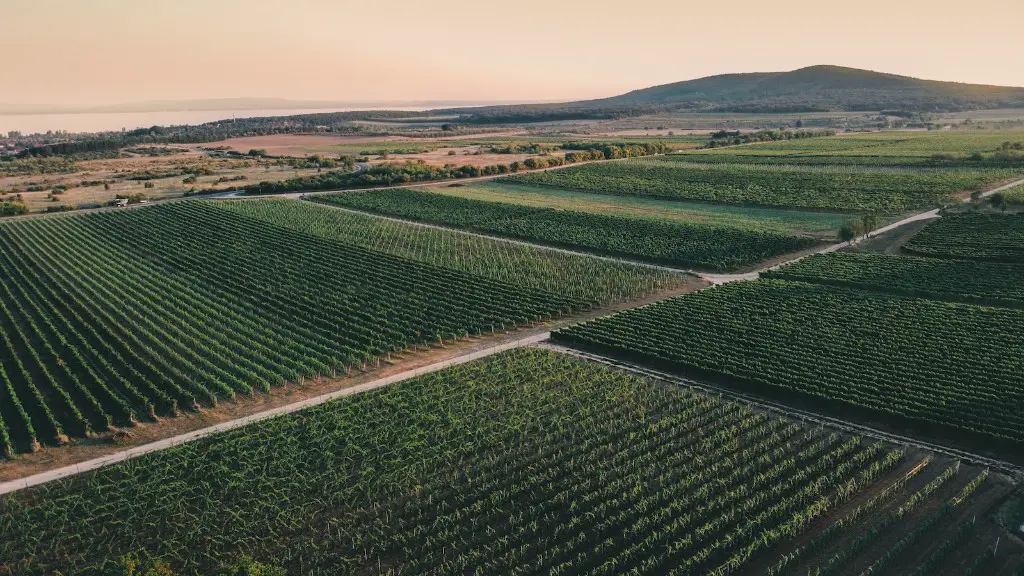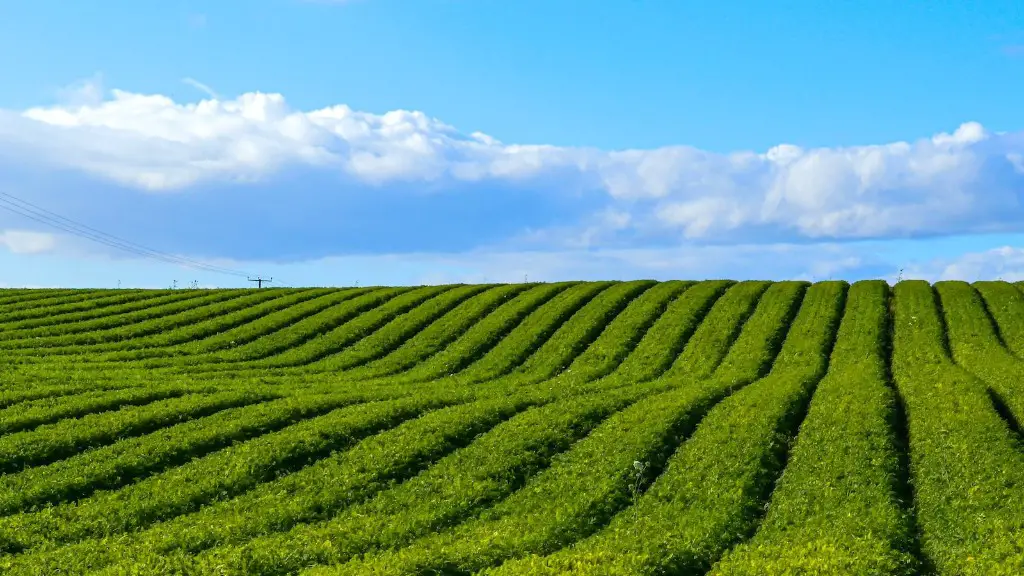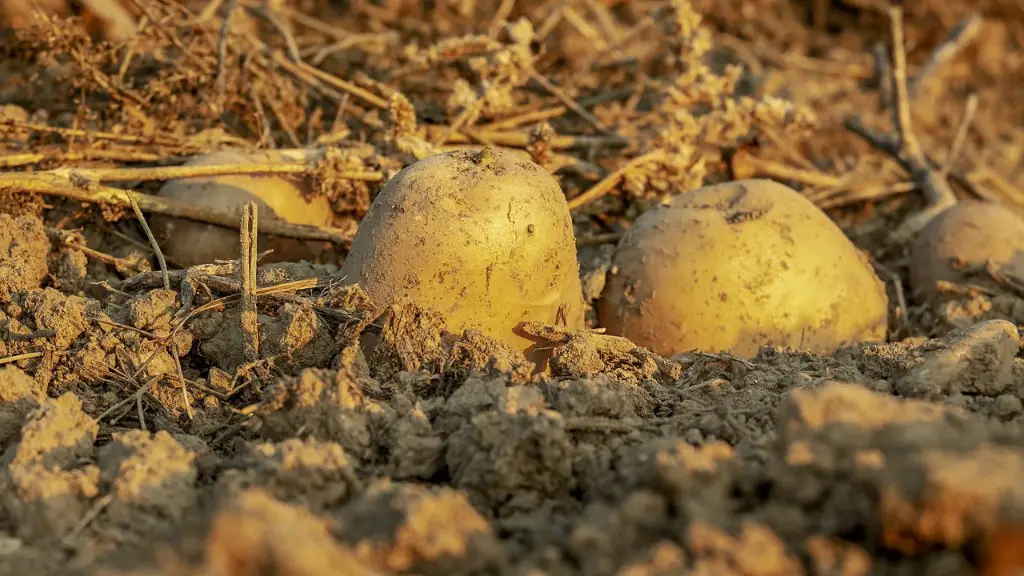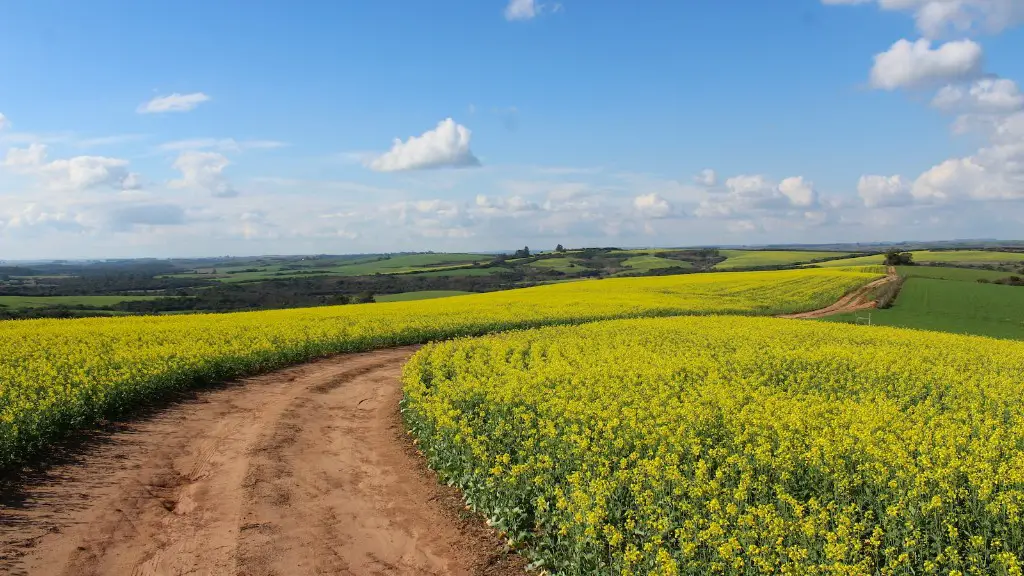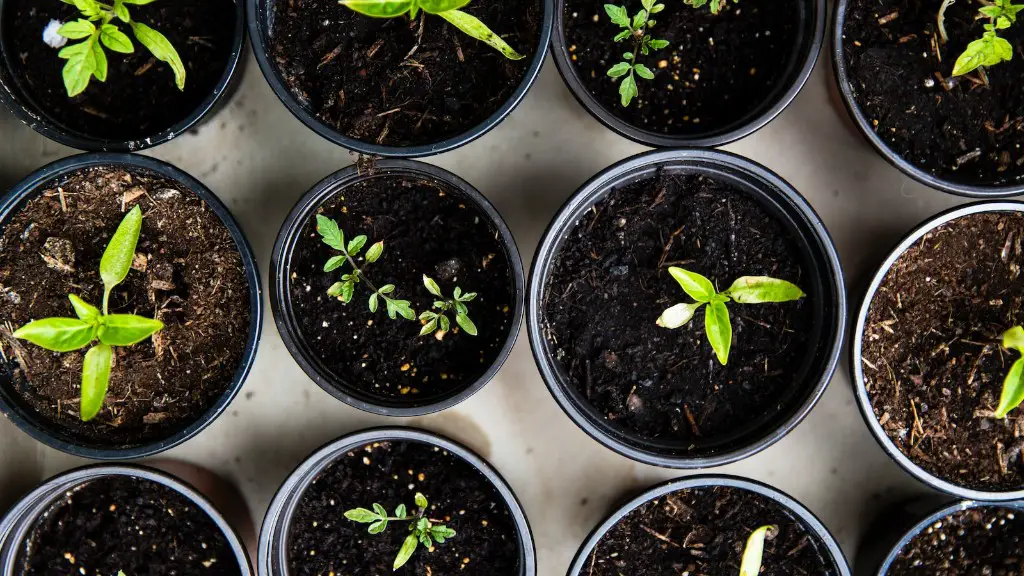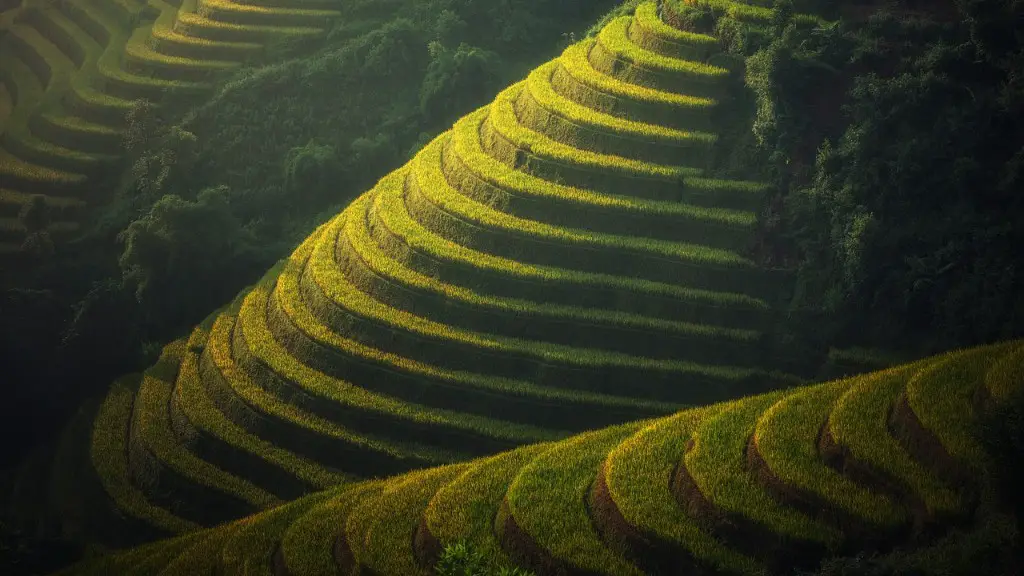Many people dream of becoming billionaires, but few people know that agriculture can actually make this dream a reality. In fact, there are many agricultural billionaires around the world. In the United States, for example, agricultural billionaires include Harry Stine, John Ruan III, and Charlene Heisler. These billionaires have all made their fortunes through different aspects of the agricultural industry, such as seed production, fertilizer manufacturing, and food processing.
So, if you’re looking to become a billionaire, agriculture may be the industry for you.
No, agriculture cannot make you a billionaire.
Can you get rich in agriculture?
Farm households have more wealth than the average US household because they have significant capital assets, like farmland and equipment. In 2021, the average US farm household had $2,100,879 in wealth. This is because farming is a capital-intensive business and requires a lot of money to get started.
The top 10 richest farmers in the world are:
1. Liu Yongxing – produces animal feed
2. Liu Yonghao – animal husbandry
3. Stewart and Lynda Resnick – almonds and oranges
4. Prince Sultan bin Mohammed bin Saud Al Kabeer – dairy company
5. Johnelle Hunt – chicken and beef
6. Gary and Vicki Steele – corn, soybeans, and wheat
7. Paulson and Doris LeBlanc – potatoes
8. Joe and Marcy Larson – dairy
9. David and Karen MacLennan – potatoes
10. William and Marilyn Heydt – dairy
What type of farming makes the most money
As the world population continues to grow, so does the demand for food. Agricultural businesses are thus increasingly in demand and can be quite profitable. Here are some of the most profitable agricultural business ideas for 2021:
1. Vertical Farming: This type of farming is done in vertically stacked layers in a controlled environment, using less land and water than traditional methods. The market value for vertical farming is estimated to be $39 billion in 2021.
2. Precision Farming: This type of farming uses precision technology to improve yields and decrease inputs costs. The market value for precision farming is estimated to be $7 billion in 2021.
3. Apiculture: This is the practice of beekeeping and the production of honey and other bee products. The market value for apiculture is estimated to be $83 billion in 2021.
4. Microgreens: These are young greens that are harvested before they reach full maturity. The market value for microgreens is estimated to be $109 billion in 2021.
5. Vegan Food: The demand for vegan food is increasing as more people adopt vegan lifestyles. The market value for vegan food is estimated to be $144 billion in 2021.
Farmland can be a great investment for a variety of reasons. For one, it is a hard asset that typically maintains its value. Additionally, its low-risk nature can help diversity your holdings and balance out some of your riskier stock market investments.
There are also both short-term and long-term opportunities for creating wealth with farmland. In the short-term, you could lease out your land to farmers and earn income from that. In the long-term, you could develop the land into a commercial or residential property and sell it for a profit.
No matter what your goals are, farmland can be a great addition to your investment portfolio.
Why do billionaires buy farmland?
Farmland is an excellent diversification tool for investors looking to lower the risk of their portfolio without sacrificing long-term returns. Historically, farmland has outperformed stocks, bonds, gold, and real estate, generating 105% average annual returns since 1992. Farmland provides a unique combination of stability and growth potential, making it an ideal investment for those looking to protect and grow their wealth over the long term.
There are different ways to determine who is considered rich. The Economic Policy Institute uses a different baseline to determine who constitutes the top 1% and the top 5%. For 2021, you’re in the top 1% if you earn $819,324 or more each year. The top 5% of income earners make $335,891 per year.
How rich is the average farmer?
The median total household income among all farm households was $92,239 in 2021, which exceeded the median total household income for all US households of $70,784. Farm size was a major factor in determining household income, with larger farms having higher incomes. Most households earned some income from off-farm employment, which contributed to their overall household income.
Meghalaya is a state in northeastern India. It is bordered by the states of Assam and Mizoram to the west, and by Bangladesh to the south. The capital of Meghalaya is Shillong.
Meghalaya is one of the most agriculturally productive states in the country, with an average monthly income per agricultural household of Rs 29,348. The state has a diversified economy, with sectors such as agriculture, forestry, mining, and tourism all contributing to its GDP. Meghalaya is also home to a number of unique ethnic groups, each with their own culture and language.
How to become a millionaire through agriculture
You can become a millionaire through agriculture by engaging in groundnut cultivation, cassava farming, cotton farming, ginger farming, mushroom farming, rice cultivation, sweet potatoes and Irish potatoes farming, and yam cultivation. These businesses require a lot of investment and hard work, but if you are willing to put in the effort, you can definitely achieve success. With a bit of luck and a lot of dedication, you could become a millionaire through agriculture.
One of the most gratifying things you can do with your life is develop undeveloped land. Not only can it earn you a good income, but it will also give you a sense of accomplishment and pride. Before you begin, though, be sure to check with your local zoning laws and county regulations to make sure you are allowed to proceed.
What is the easiest thing to farm?
Specialty mushrooms, such as oyster mushrooms, are perfect crops for beginning farmers. These fungi are considered some of the easiest to grow as they thrive both indoors and out. There is also good demand for specialty mushrooms.
There are a wide variety of agricultural businesses that can be profitably undertaken with varying levels of investment. Some businesses, such as dry flower production or fertilizer distribution, require minimal investment while others, such as vegetable farming or hydroponic retail stores, require large investments. However, there are many opportunities for profit in the agriculture sector and careful planning can lead to success.
Does Jeff Bezos own farmland
It is no secret that some of the world’s richest people have been investing in farmland in recent years. Bill and Melinda Gates, prior to their divorce, accumulated roughly 270,000 acres of farmland in less than a decade. Amazon founder and chairman Jeff Bezos has amassed 420,000 acres in recent years. Other noteworthy farmland investors include Ted Turner and Thomas Peterffy.
There are a number of reasons why these billionaires are investing in farmland. For one, farmland is a relatively safe investment. It is not subject to the volatility of the stock market, and it typically appreciates in value over time. Additionally, farmland can provide a hedge against inflation, as the price of land generally goes up when the cost of living increases.
Another reason that billionaires are investing in farmland is that it gives them a tangible asset that they can control. While stocks and other investments can be bought and sold at the whim of the market, farmland is a physical asset that can be owned and managed directly. This gives investors a greater degree of control over their investment.
Finally, farmland is a limited resource. There is only so much land in the world, and it is not being created any faster. This limited supply means that the price of land is likely to
Though there is no specific land requirement, farmers I spoke with said that someone would need at least 500 owned acres and 1,000 leased acres to make a living. The quality of the land affects those numbers.
What are the billionaires investing in?
These investments may not offer the potential for quick, huge gains that some other investments do, but they are reliable and tend to grow steadily over time. This makes them ideal for billionaires who want to make sure their money keeps growing.
A gentleman farmer is a man who owns and runs a farm, but doesn’t rely on it as his main source of income. A gentleman farmer typically employs labourers to help run the farm, and may also have a farm manager. The size of a gentleman farmer’s farm can vary from a few acres to thousands of acres, and it can produce any number of different types of crops or livestock.
Who owns the most US farmland
These are both false claims. Bill Gates does not own the majority of America’s farmland, and BlackRock does not hold the majority of single family houses in the country.
Oklahoma is a great state for farmland investment due to its low cost per acre. With its convenient location and rich soil, Oklahoma is a perfect place to invest in farmland.
Warp Up
No, agriculture cannot make you a billionaire.
There is no straightforward answer to this question since it depends on a multitude of factors, such as the agricultural products being grown, the size of the farm, the efficiency of agricultural production, and the overall business acumen of the farmer. However, it is possible for agriculture to make somebody a billionaire, but it is certainly not guaranteed.
